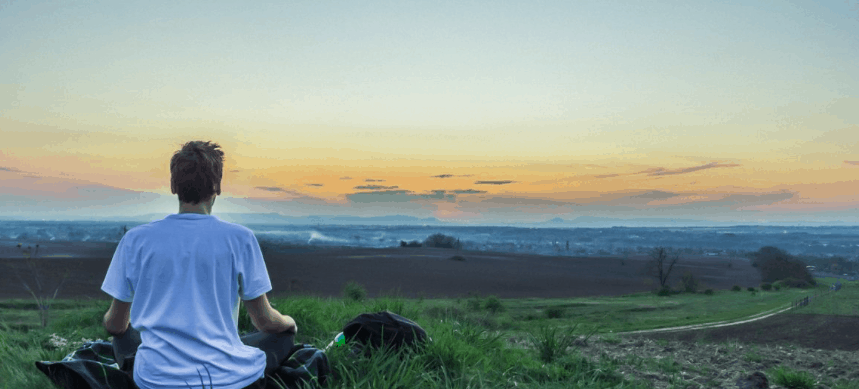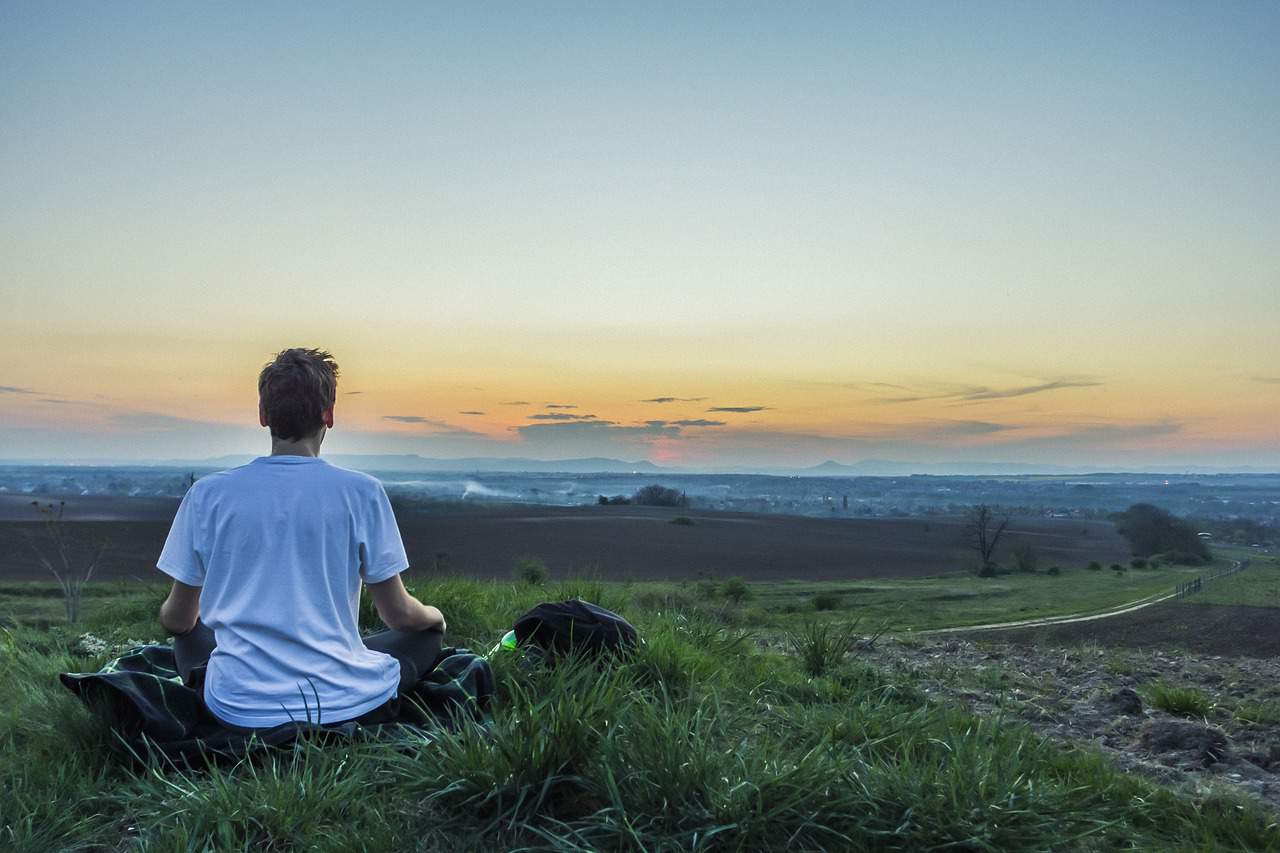
give your mind a break in this plugged in, hyper-connected world
In this plugged-in, hyper-connected world, we need time to give our minds a break. We need to unplug to create sacred spaces — time apart from technology and information overload. Yes, I get the irony that I’m writing a blog about this and, hey, you are reading it! So, we are in this together! 🙂
To be clear, I’m not saying that we need to unplug altogether or toss out our smartphones. We benefit from our screens for sure, but there can be too much of a good thing.
When I talk about sacred spaces, I don’t mean “sacred” in any particular religious sense of the word. Rather, I mean times and places apart from our screens to be used for introspection, contemplation, creativity, reflection, and connection to others, the world around, and the present moment. Even if this sounds boring, remember it’s important to be bored at times. When we are bored, we have room to daydream, ponder, and come up with creative ideas.
forging a “before”
Sacred spaces give us a portal into the “Before.” I can say that I am a “digital immigrant,” which means that I grew up before the World Wide Web, smart phones and social media. Although we had our video games and some folks had home computers (including me as a young teen), we were not “connected” like we are these days. It sounds odd but I remember a “Before.” However, as time goes on younger generations will not know of the “Before.”
In contrast to digital immigrants, digital natives have basically always had access to computers and the Internet (with current teens having grown up in a world of smartphones and social media). This isn’t to judge the younger generations for their levels of screen use. Honestly, the only reason my generation wasn’t using smartphones, social media, and playing Fortnite on Xboxes as kids and teens is because we didn’t have them!
To put it into perspective, our generation has always had cars. We can’t imagine riding in a horse-drawn wagon for days to go a hundred miles. Younger generations who have grown up as digital natives might think of unplugging for a while like trying to ride a horse to visit a friend instead of driving. Why would anyone want to do that? The younger generation might not see the benefit, nor the need to disconnect from technology. However, I think it’s critical to unplug in creating sacred spaces.
Why unplug to create a sacred space?
From an evolutionary standpoint, we are all digital immigrants. We did not evolve to live in the world in which we now live. Indeed, many physical and mental health problems emerge due to this evolutionary mismatch. For around 300,000 years, home sapiens basically lived in small, nomadic, hunter-gatherer tribes. For most of our existence as sapiens:
- All social interaction too place face-to-face
- We lived in small groups of less than 150 people
- We ate NO processed foods
- We were not sedentary given that we were hunters and gatherers
- We generally slept at night, when we were tired, and awoke when our bodies and brains were rested
- We spent ALL of our time in nature — we were very much a part of it
- Life was relatively quiet most of the time — no earbuds with music playing, no digital noises, no traffic, airplanes, and so on. The only sounds we heard were from nature and each other
Connection to others and ourselves
We need periods of quiet to connect with other people as we have historically.
Studies show that technology can hinder our ability to empathize with others. Empathy is crucial to the development of strong social connections, which largely determine our happiness. An estimated 70 percent of our happiness is reliant on our social relationships. Hence, the stronger our social connections, the happier we typically are.
To create a sacred space, we must unplug from technology to focus on and develop greater levels of empathy. This in itself, will allow us to connect better with others. Moreover, we need quiet time to develop a coherent sense of self, ponder and reflect. A stable sense of self will also help us interact with others effectively.
Attention and productivity
When we unplug in our sacred spaces, we give ourselves the chance to reflect and practice mindfulness. We no longer have the distraction of push notifications, tweets or texts. Too often this frequent jumping around can interfere with our in-person relationships, known as technoference, as well as our productivity. Sacred spaces allow us to practice our focused attention. This, in turn, will allow us to deepen our relationships and be more productive. Practicing focused attention will make it easier to adopt it into our daily lives, and in doing so, we can pay attention to what matters most in life: deep connections.

